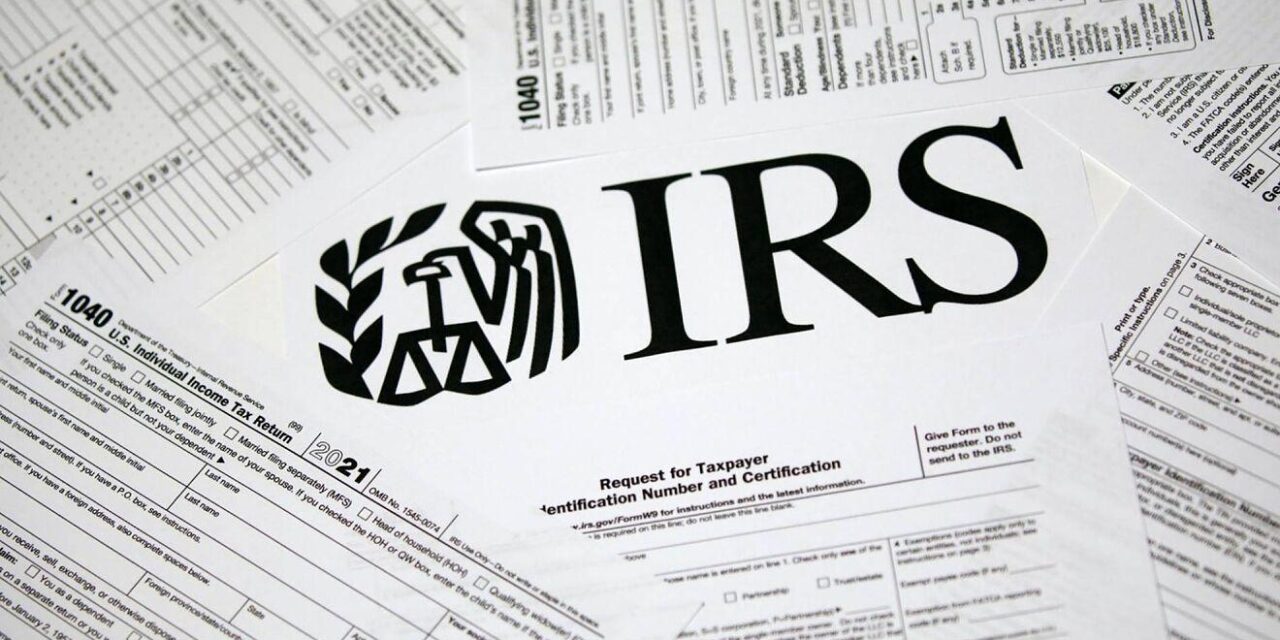Anatomy of Offshore Tax Fraud
If you are a U.S. citizen living, working or investing abroad, you need to understand the difference between Offshore Tax Fraud and International Tax Planning. Offshore Tax Fraud is a crime while tax planning is the proper use of the U.S. tax code to minimize your taxes. There are many benefits to going offshore, but the industry is filled with scammers and promoters. Here, I will help you identify Offshore Tax Fraud in the hope of keeping the IRS away from your door.
Most conversations with offshore promoters and incorporation mills begin with: “Well, I’m not a U.S. attorney or CPA, but…” and then they offer U.S. tax advice. My best advice to avoid Offshore Tax Fraud is to incorporate your international business, or create your offshore asset protection structure, through a U.S. tax expert. You should be using an offshore jurisdiction that won’t tax you, so no need to deal with local tax issues. It’s the United States that you need to be concerned with, so use a U.S. expert to structure your affairs.
- The offshore jurisdiction is a tool in your international plan, not the primary concern. You don’t need an expert in Nevis; you need one experienced in the U.S. Tax Code.
Here’s an example of an Offshore Tax Fraud scheme that was pitched to one of my clients recently:
Bob, who is living in California, was told to open a Panama Foundation and call it a Charitable Foundation. Any money he put in to the Foundation could be deducted as a charitable contribution on his U.S. tax return. Also, no tax would be due on capital gains in the Foundation because it is a “charitable” entity.
Even though the scammer had a fancy brochure and lots of paper backing up his sales pitch, it is obviously Offshore Tax Fraud. Only charities licensed in the United States qualify for the charitable deduction… and that includes foreign operations. While you are free to donate to any charity around the world, unless they have U.S. 501 (c)(3) status, the donation is not deductible.
This incorporation, in Panama and outside the reach of the IRS (or so they think), has devised a sales pitch that sounds reasonable, but which is Offshore Tax Fraud. The Panama Foundation operates as a trust and is not a charity for U.S. tax purposes by any stretch of the imagination. Anyone who falls for this pitch is guaranteed to have IRS troubles sooner rather than later.
Another path to Offshore Tax Fraud is any plan based on secrecy or privacy, especially if it includes keeping secrets from the IRS. While increased privacy is a benefit of going offshore, it’s not the primary component of an international asset protection structure.
When I devise a plan for a client, I understand that it will be reported to the IRS, must be in tax compliance, and I assume that any major creditor will find out what steps we took and where the assets are located. If the assets remain private, that’s great, but proper asset protection puts up barriers the creditor can’t breach. It is not simply hiding assets at the risk of running afoul of the IRS.
Another road to Offshore Tax Fraud is any system that uses nominee directors. While some structures require them, don’t get scammed into believing they shield you from paying U.S. taxes. A structure is owned by a U.S. person, and thus taxable, if he or she owns or controls the assets. Most asset protection is tax neutral.
- There is no problem in using nominee directors to increase asset protection. Issues arise when a sales person convinces you to pay extra for his nominees because they will save you big on your taxes.
Note that, when the IRS analyzes a tax plan, they focus on the economic substance of the transaction. You should be able to reduce any complex offshore tax reduction plan to its basic elements and its economic components. If your incorporation can’t explain the economics of the plan, it’s probably a form off Offshore Tax Fraud.
For example, what are known as 2% Plans have been popular with onshore and offshore promoters for years. Basically, you sell 98% of your U.S. business to an offshore corporation for $1 or for a 10 year balloon rate.
You now get to send 98% of your profits out of the U.S. and off of your tax return. Of course, this lacks economic substance and is Offshore Tax Fraud.
The 2% Plan fails for several reasons. First, most of these structures use nominees, which the IRS ignores (looks through) and assigns ownership to the person controlling the structure.
Next, the offshore company has no operators, employees, or business outside of the U.S. Therefore, it is ignored for U.S. tax purposes. All business tax plans start with a legitimate office and employees outside of the U.S.
Finally, the sale of the business lacks economic substance because no one would agree to this transaction without the “tax benefit.” A 10 year note, regardless of the interest rate, would never be used in an arms length transaction, so the IRS will not respect it here.
If your transaction lacks economic substance, it’s probably a form of Offshore Tax Fraud. However, this only applies to transfers where you hope to gain a tax benefit. Transfers to offshore trusts are not Offshore Tax Fraud because there is no tax benefit to the arrangement. Offshore assets protection usually does not increase or decrease your U.S. taxes. These structures are tax neutral… though they will require you to file additional forms to keep in compliance. Any gains earned by your offshore trust are taxed in the U.S. as earned.
I’m often asked how the Googles and Apples of the world accrue billions of dollars offshore. It’s because their transactions have economic substance. By putting a legitimate sales office in a low tax jurisdiction, like Ireland, Google can defer U.S. tax on all income derived therefrom.
You, the U.S. business owner, can do the same thing. If you hire a number of employees, and build an office or business in Panama, you can defer U.S. tax on income that results from this office. The problem for most small business is that they can’t afford to hire 50 employees in Panama. Many of us run our business with our spouse and three or four support staff.
For this reason, the owner of a small business must move out of the United States to receive these tax benefits and avoid claims of Offshore Tax Fraud. If you move abroad, qualify for the Foreign Earned Income Exclusion, and operate a business through an offshore corporation in a tax free jurisdiction, you can achieve the same benefits as the big guys.
I’ll leave you with one more example of Offshore Tax Fraud. Any plan that begins with the premise that the government’s authority to collect taxes from its citizens, including those living and working abroad, is limited or invalid is a scam. So long as you hold a U.S. passport the U.S. IRS claims dominion over you.
These “plans” often claim that the IRS’s authority to enforce the tax code was never ratified by Congress. Others say income from work or labor is not taxable for one reason or another. Still others claim you can “pay” your taxes with a note or promise to pay, usually referred to as a Bill of Exchange. If anyone approaches you with such a plan, run the other way. Having worked as a tax attorney for a decade, I’ve seen every iteration of this form of Offshore Tax Fraud and I tell you it won’t work. In fact, you will be labeled a tax protester and the IRS will audit and harass you to the ends of the earth.
If you’re in the mood to read up on these scams, google “Bills of Exchange,” or “Tax Protester.” There are several famous cases in this area, such as Mr. Snipes, and too many protesters sitting in jail to count.
Feel free to give us a call, or send an email to info@premieroffshore.com, with any questions. We will be happy to work with you to structure your international business or protect your assets. All consultations are confidential.








